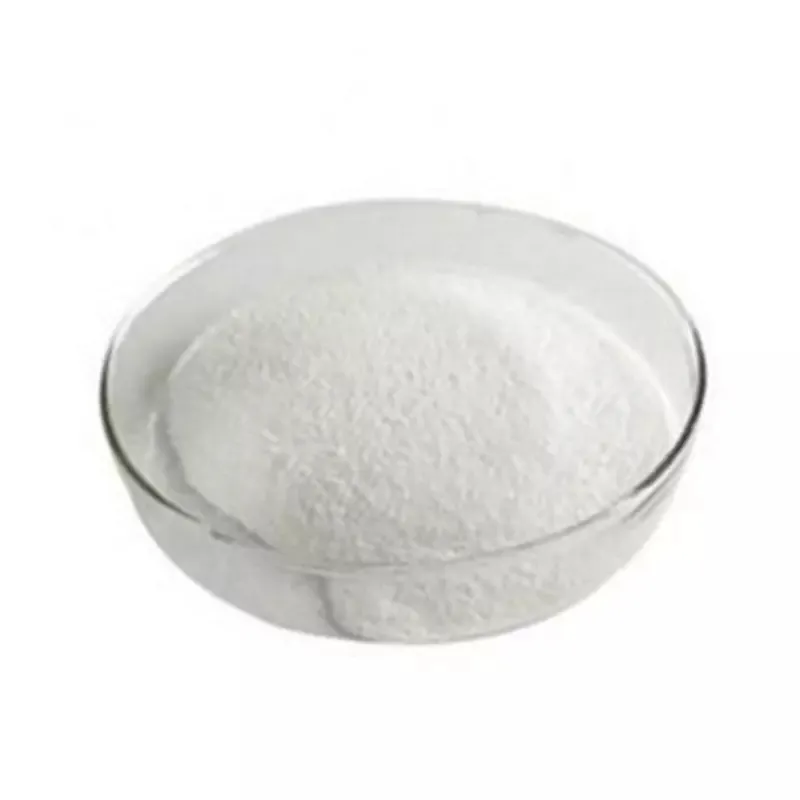Warning: Undefined array key "title" in /home/www/wwwroot/HTML/www.exportstart.com/wp-content/themes/1198/header.php on line 6
Warning: Undefined array key "file" in /home/www/wwwroot/HTML/www.exportstart.com/wp-content/themes/1198/header.php on line 7
Warning: Undefined array key "title" in /home/www/wwwroot/HTML/www.exportstart.com/wp-content/themes/1198/header.php on line 7
Warning: Undefined array key "title" in /home/www/wwwroot/HTML/www.exportstart.com/wp-content/themes/1198/header.php on line 7
Oct . 21, 2024 20:08 Back to list
Exploring the Health Effects of Aspartame and Acesulfame K in Food Products
The Sweet Debate Aspartame and Acesulfame K in Sugar Substitutes
In a world increasingly conscious of health and well-being, the demand for sugar substitutes has surged. Among the most popular artificial sweeteners are aspartame and acesulfame K. These substances provide sweetness without the calories that sugar carries, attracting consumers looking for healthier alternatives. However, their safety and health implications have been the subject of substantial debate and research.
Aspartame A Double-Edged Sword
Aspartame, first discovered in the 1960s, is a low-calorie sweetener that is approximately 200 times sweeter than sugar. It is commonly used in various products, including diet sodas, sugar-free chewing gum, and low-calorie desserts. The formulation of aspartame is a combination of two amino acids—phenylalanine and aspartic acid—along with a small amount of methanol.
The extensive use of aspartame has not come without controversy. In the decades since its introduction, numerous studies have examined its safety. Regulatory authorities such as the U.S. Food and Drug Administration (FDA), the European Food Safety Authority (EFSA), and the World Health Organization (WHO) have consistently deemed aspartame safe for human consumption within established daily limits. However, anecdotal claims linking aspartame to various health issues, including headaches, allergies, and even cancer, have fueled public skepticism. For individuals with phenylketonuria (PKU), a rare genetic disorder, aspartame poses a health risk due to its phenylalanine content, necessitating strict dietary restrictions.
Acesulfame K The Silent Companion
Acesulfame K, or acesulfame potassium, is another non-nutritive sweetener, often found alongside aspartame in many diet products. It is about 200 times sweeter than sugar and is commonly used in combination with other sweeteners to enhance flavor. Acesulfame K is heat-stable, making it suitable for baking and cooking.
sweeteners aspartame acesulfame k

Despite its widespread use, acesulfame K has faced scrutiny regarding its long-term safety. The FDA approved it for use in 1988, but ongoing research aims to better understand its health effects. Some animal studies have raised concerns about potential carcinogenic effects, leading to calls for more comprehensive human studies. However, like aspartame, the consensus among regulatory agencies is that acesulfame K is safe when consumed within recommended guidelines.
Consumer Awareness and Choice
The rising demand for natural sweeteners, such as stevia and monk fruit extract, highlights the growing consumer preference for perceived 'cleaner' alternatives. Producers and manufacturers must navigate this shifting landscape while balancing taste, health regulations, and consumer perceptions.
In the context of aspartame and acesulfame K, education and transparency are paramount. As consumers become more health-conscious and informed, they must have access to accurate information to make educated choices about their diets. Labels featuring artificial sweeteners must specify the ingredients used, empowering consumers to weigh the benefits and potential risks associated with these sweeteners.
Conclusion
Aspartame and acesulfame K represent a crucial segment of the modern dietary landscape, offering sweetness without the calories that come with traditional sugar. While extensive research supports their safety for the general population, individual preferences and concerns inevitably vary. As more people become aware of their dietary choices, the conversation around artificial sweeteners will likely continue to evolve, prompting further research to ensure the safety and efficacy of these popular substitutes. Balancing flavor, health, and consumer preferences will remain essential for any industry navigating this sweet debate.

